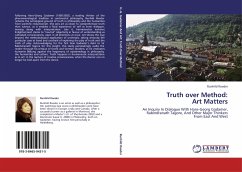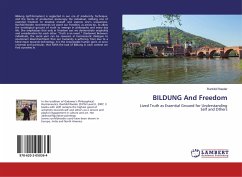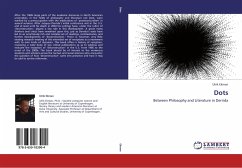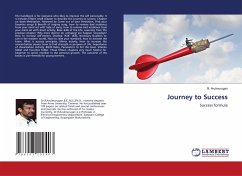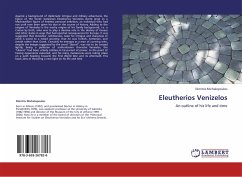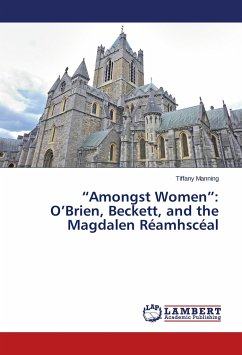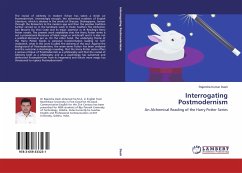Following Hans-Georg Gadamer (1900-2002), a leading thinker of the phenomenological tradition in continental philosophy, Runhild Roeder reclaims the ontological ground of truth in philosophy and the humanities from scientific reductionism. She sees art as closer to comprehensive truth than science, as it enables a fluid experience of self as inner dialogue, moving along with interpretation. Like it, hermeneutics eschews Enlightenment claims to neutral objectivity in favour of understanding as cultivated consciousness, open in all directions at once. Art shows the way beyond the methodological application of universals, taking seriously the particular case at hand and unafraid of exploring the play of truth and the truth of play. Acknowledging for the first time Gadamer s debt to Sir Rabindranath Tagore for this insight, this study painstakingly walks the reader through his critique of Greek and German Idealism, as he vindicates humanist Bildung against the hegemony of epistemology in philosophy, the humanities and culture. Truth happens in hermeneutic interpretation as in art: in the rapture of creative consciousness, when the dancer can no longer be told apart from the dance.
Bitte wählen Sie Ihr Anliegen aus.
Rechnungen
Retourenschein anfordern
Bestellstatus
Storno

